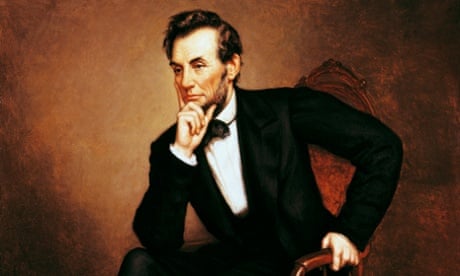The Chattanooga Gazette reports a conversation alleged to have taken place between a Southern planter and the President elect. The Gazette says:-
"This planter desired to purchase an additional supply of negroes to pick his present crop of cotton, but feared to do so on account of the great depreciation in their value and the alarming excitement which pervaded the South. In order to ascertain from his own lips Lincoln's policy, he visited him at his residence in Springfield, Illinois.
"Mr. Lincoln informed him that he was opposed to any interference with slavery in the States, or with the inter-State slave trade; that he was opposed to abolishing or interfering with slavery in the district of Columbia; and that he was only opposed to its extension in the territories, but added, 'that was only an opinion of his.' He was the asked what would he do in the event that South Carolina seceded from the Union. He replied that he would let her go, if Congress did not pass a 'Force bill.'
"He stated that if no one would accept office in that State, of course they could receive no benefits from the Government, and the whole expense for the distribution of the mails would devolve on her own citizens. He concluded by advising the Mississippian to purchase as many negroes as he needed, and expressed the opinion that in twelve months slave property would be worth more than it had ever been. Upon these assurances the gentleman was, on Saturday, making his way to Virginia to purchase more negroes. He says that Lincoln is a man of profound acquirements, and that he doubts not he will make as good, if not better, President than Mr. Buchanan has done."
